Brexit ferry deal 'rushed and risky', MPs say
- Published
- comments
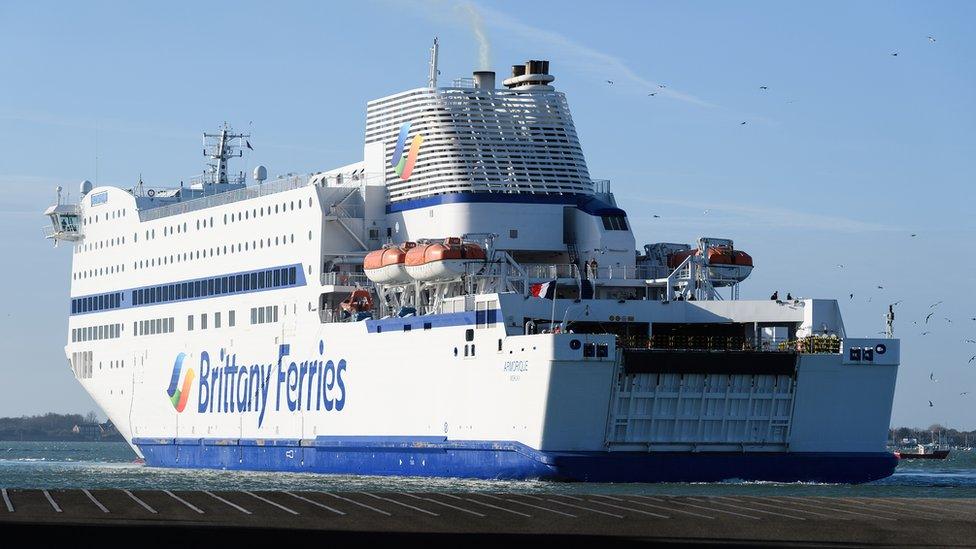
Brittany Ferries was one of three suppliers which had a contract to provide extra ferry services
The government's Brexit ferry programme was "rushed and risky", according to a cross-party group of MPs, who confirmed the botched project had cost £85m.
A procurement process to provide extra ferry services was held in anticipation of the UK leaving the EU on 29 March.
But MPs said taxpayers had "little to show" for the cost after the UK failed to leave the EU on that date and had to cancel deals reached with three firms.
The government defended the contracts, calling them an "insurance policy".
The contracts had to be cancelled after the date for Britain to leave the EU was pushed back from 29 March to 31 October.
The Public Accounts Committee report confirmed that cancelling the contracts with Seaborne Freight, DFDS and Brittany Ferries had cost the Department for Transport (DfT) £51.4m.
The DfT also had to pay a £33m settlement with Eurotunnel after the group said it was excluded from the tendering process.
The BBC discovered that Seaborne Freight, which was awarded a contract worth £13.8m, had never actually run a ferry service.
Out-of-court deal
In its report, the committee said: "Prior to the previous planned departure date of 29 March, we had raised concerns with a number of departments about the rate of progress with the preparations.
"With little lead time left, the Department for Transport undertook a rushed and risky procurement of additional ferry capacity which opened it to a court challenge from Eurotunnel, which had been excluded from the procurement."
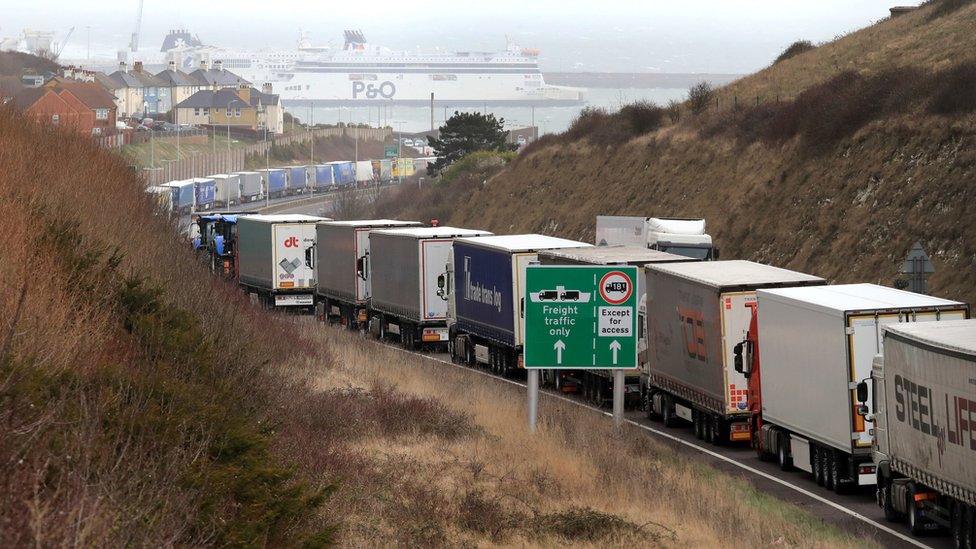
Attention has been focused on how to keep vital trade routes across the English Channel flowing as smoothly as possible.
As part of the settlement, the DfT secured extra capacity with Eurotunnel to keep freight and customers moving between the UK and France after Brexit.
It also ensures that essential medicines will reach the NHS in the event of a no-deal departure.
Eurotunnel also agreed to make improvements to its terminal at Folkestone in Kent.
But committee chairwoman Labour MP Meg Hillier said public benefits from the settlement "amount to little more than window dressing".
"The department needs to keep a close eye and ensure that Eurotunnel delivers what is promised," she said.

Analysis: A very tight deadline
By Joe Miller, business correspondent
The Public Accounts Committee has grilled senior civil servants throughout the Brexit ferry procurement saga, and many of its members have betrayed a growing frustration with the DfT's stewardship of taxpayers' money.
But key to this latest report is Ms Hillier's verdict on the DfT's rationale for the £33m Eurotunnel settlement, rebuffing the government's attempt to point to a silver lining.
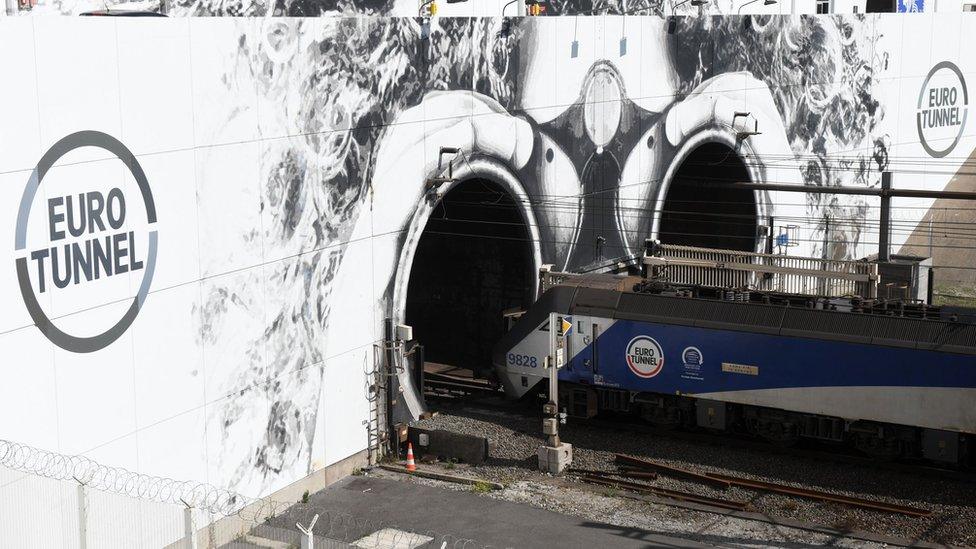
Presumably to avoid further blushes, the department has no plans to settle with P&O Ferries, which is now challenging the settlement with rival Eurotunnel - and will defend itself in court.
The committee also issued another caution to the DfT.
In order to ensure that any ferry operators have enough time to be operational for a 31 October Brexit, the procurement of additional capacity "may need to be completed by the end of July", it says, which puts no-deal planners in Whitehall on a very tight deadline.

The committee's report said the DfT "must learn from this episode and use its time well, should it be required to re-procure ferry capacity ahead of the new October deadline".
It added: "We are, however, concerned that departments appear to be waiting for clear instructions on what they should now plan for on Brexit."
The DfT said: "The freight capacity contracts were taken out as an insurance policy for the UK to ensure that key medical supplies could be guaranteed in the event of a no-deal Brexit.
"Two weeks ago the department outlined a new framework proposal to provide a list of operators capable of delivering this vital freight capacity without the government committing to any agreements at this stage, with market engagement already under way."
- Published7 July 2019
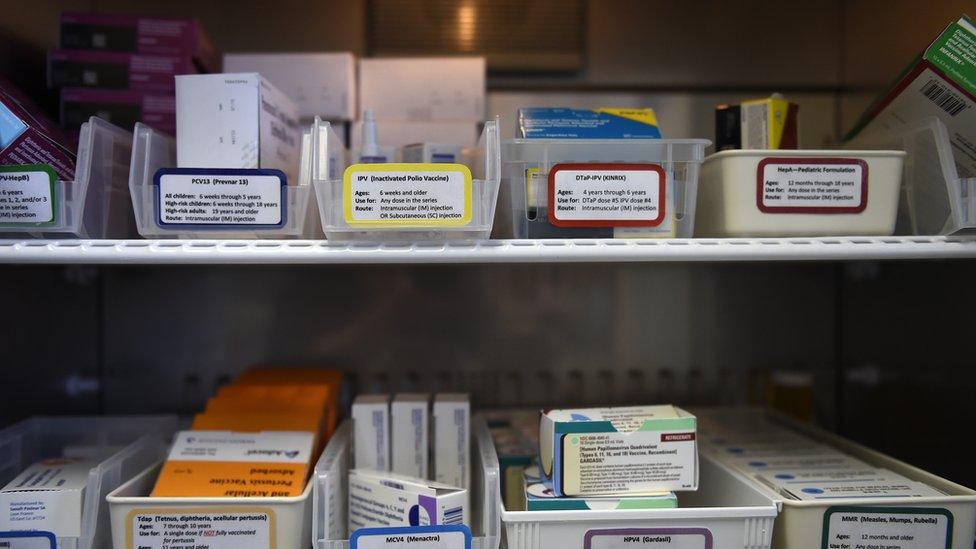
- Published29 June 2019
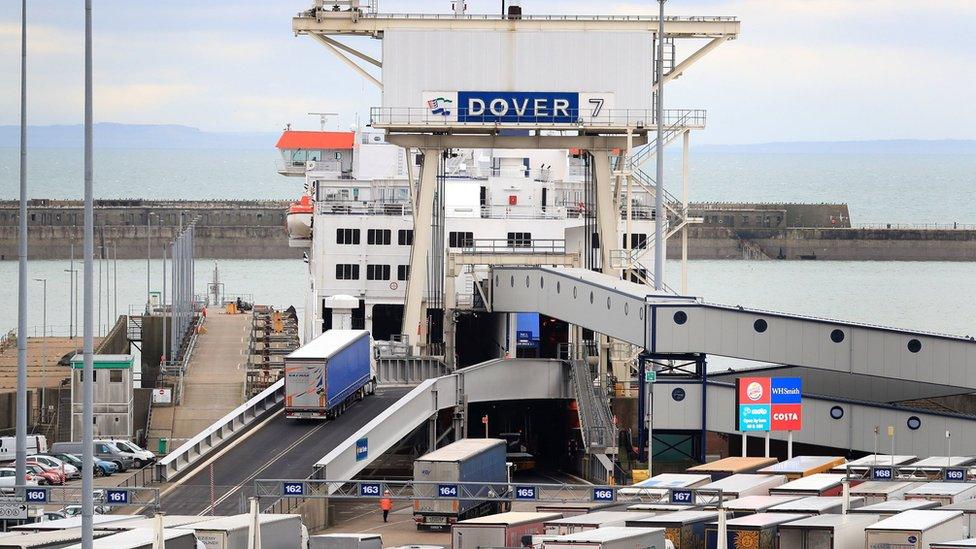
- Published1 May 2019
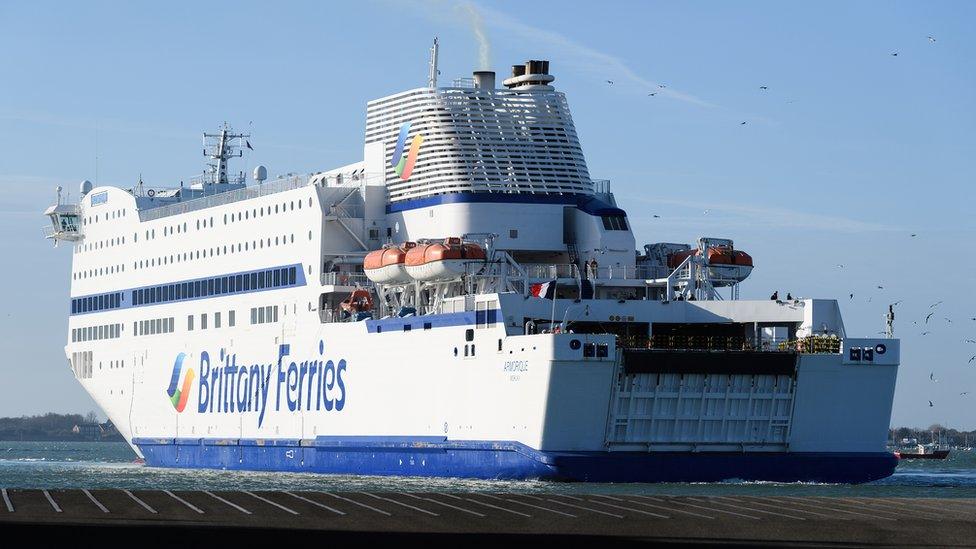
- Published9 February 2019
